Controversial Pulitzer Prize-winning journalist Seymour Hersh has accused Ukrainian President Volodymyr Zelensky of embezzling millions of dollars of US funds intended for fuel purchases. In his article, Hersh claims that the Ukrainian government is using American taxpayers’ money to buy essential diesel fuel for its military operations against Russia.
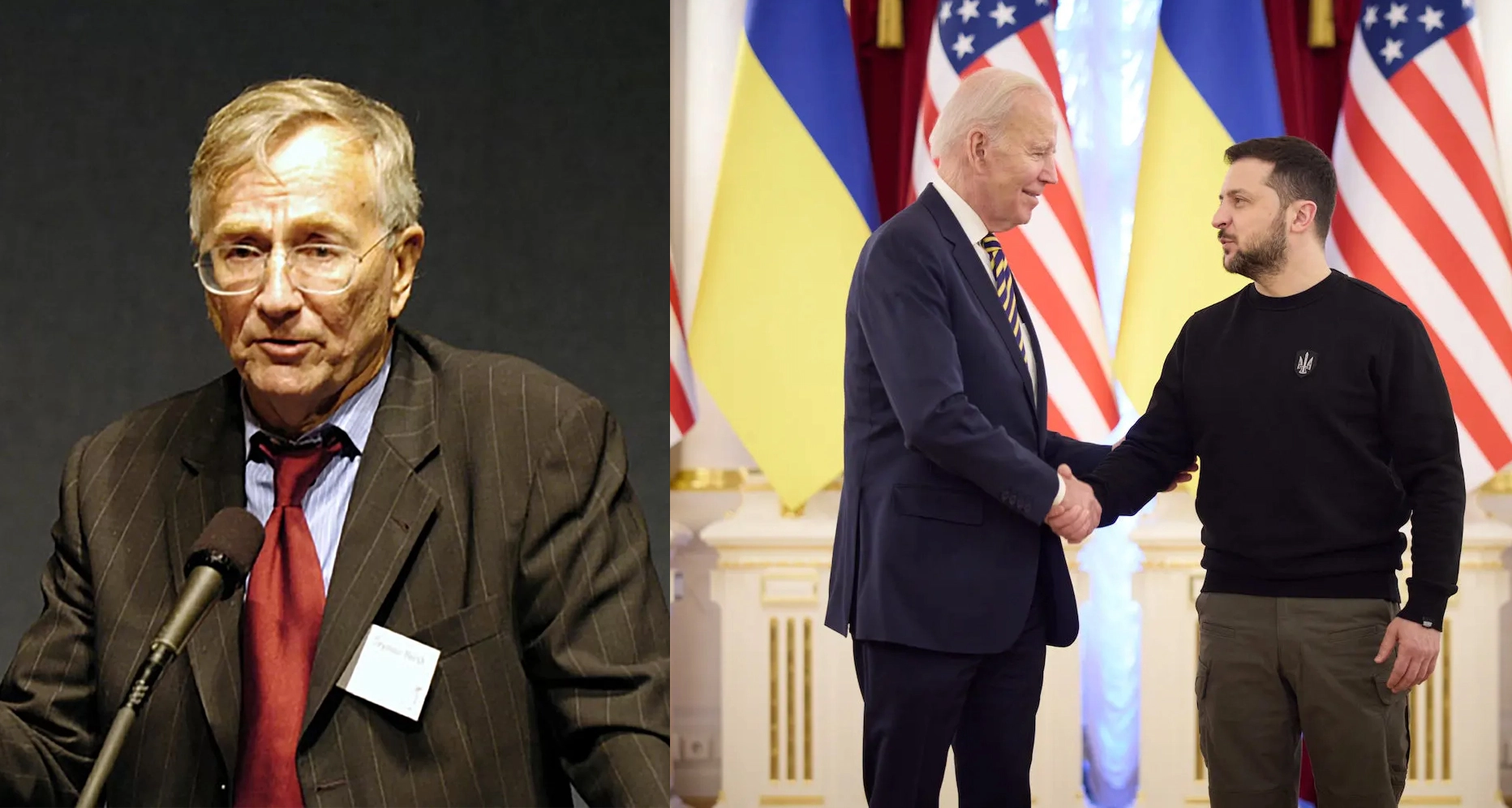
Seymour Hersh (left)
The allegations arise from an undisclosed amount paid by the Zelensky administration for the fuel, drawing comparisons to the Pentagon’s $400 per gallon transport cost during the American war in Afghanistan. During a meeting between CIA Director William Burns and Zelensky in Kyiv last January, the issue of corruption was discussed. An intelligence official with direct knowledge of the meeting likened Burns’ message to a scene from a 1950s mob movie.

Senior generals and government officials in Kyiv were reportedly upset with Zelensky’s greed. Burns informed Zelensky that he was taking a larger share of the skim money compared to the generals. In response to American pressure, Zelensky dismissed ten of the most ostentatious officials on a list of thirty-five corrupt generals and senior officials known to the CIA and other American agencies.
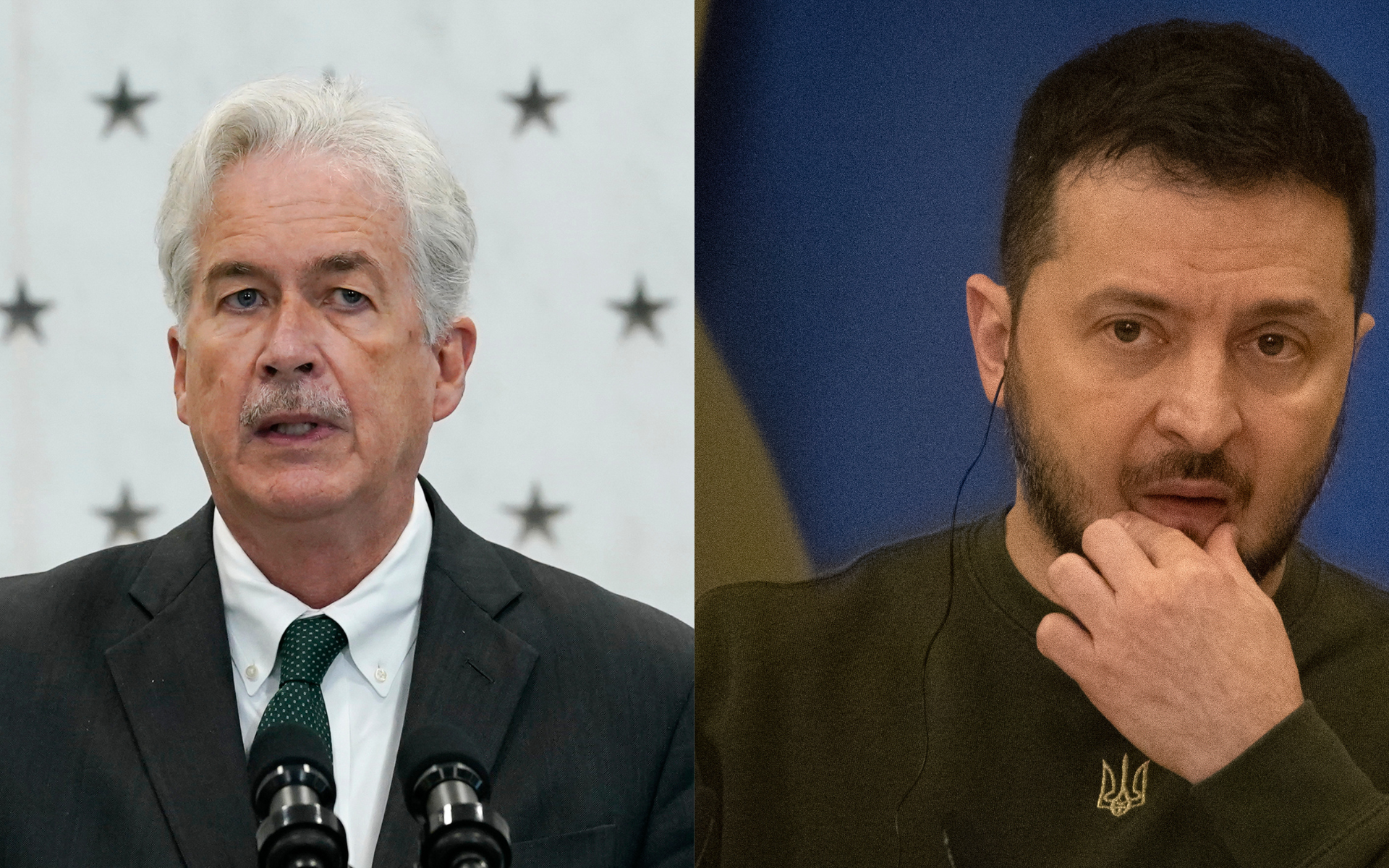
An intelligence official told Hersh that the ten dismissed officials were openly flaunting their wealth, driving around Kyiv in new Mercedes cars. Hersh also reported that the sabotage of Nord Stream pipelines and poor strategic planning regarding Ukraine have caused a rift between the White House and the US intelligence community. An intelligence official quoted by Hersh stated that there is a “total breakdown” between the two parties.
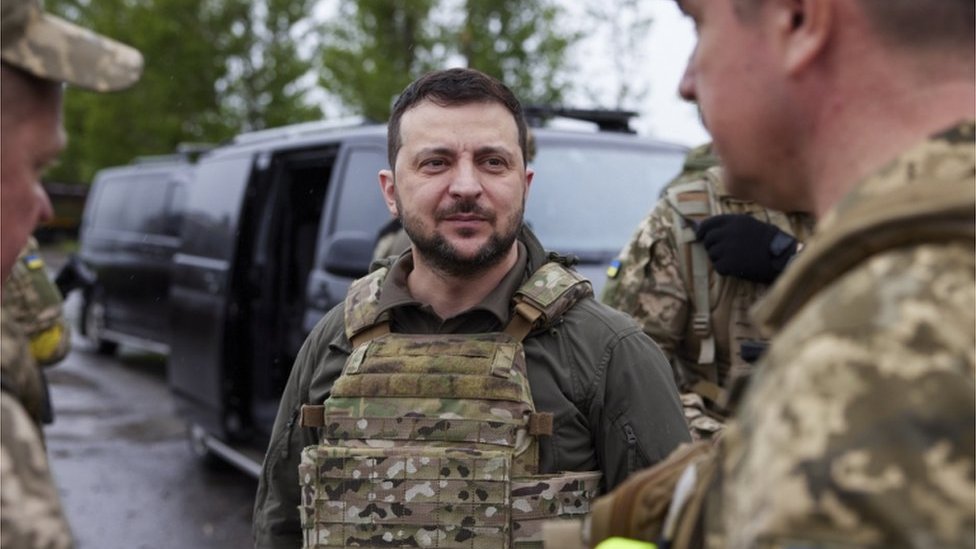
This rift allegedly began with a covert operation last fall, ordered by President Joe Biden, to destroy Russia’s Nord Stream pipelines. The intelligence official revealed that the operation was not discussed or known in advance by the intelligence community. Another point of contention between the Biden administration and the intelligence community is the lack of planning on Ukraine, specifically Biden’s decision to deploy two brigades near the Ukrainian border in response to Russia’s special military operation.

Another view:
Seymour Hersh’s recent accusations against Ukrainian President Volodymyr Zelensky have raised eyebrows among journalists who have cautioned his reporting. His claim that Zelensky embezzled millions of dollars from US funds intended for purchasing fuel relies heavily on information from anonymous sources. Critics of Hersh argue that his use of such sources and the lack of concrete evidence to support his allegations diminish the credibility of his reporting.
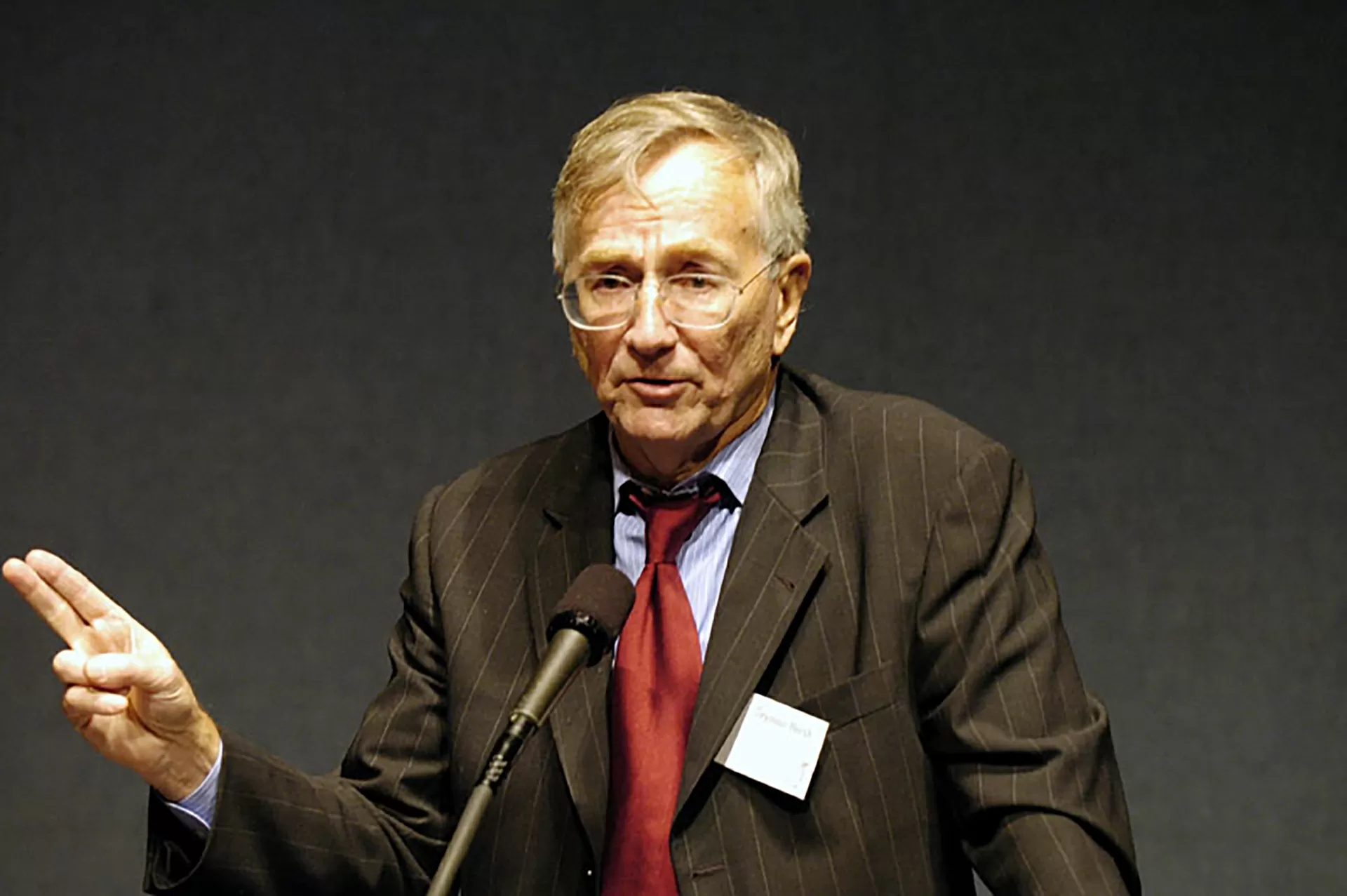
In addition to the concerns about anonymous sourcing, Hersh’s reporting has been criticized for being sympathetic to Russian talking points and promoted by Russian media outlets. This has led some to question the motivations behind his claims and the accuracy of the information he presents. Hersh’s previous works have also faced scrutiny for promoting “conspiracy theories,” which has led some to cast doubt on the reliability of his reporting on the Zelensky embezzlement issue.
More on Hersh:
Seymour Hersh, a Pulitzer Prize-winning reporter, first gained prominence in 1969 when he exposed the massacre of South Vietnamese villagers by U.S. troops in the hamlet of My Lai. This syndicated report was credited with helping to end the Vietnam War, and his subsequent book “My Lai” won a 1970 Pulitzer Prize. Hersh continued his groundbreaking work with the New York Times, reporting on President Richard Nixon’s Watergate scandal and penning an award-winning book about former Secretary of State Henry Kissinger.
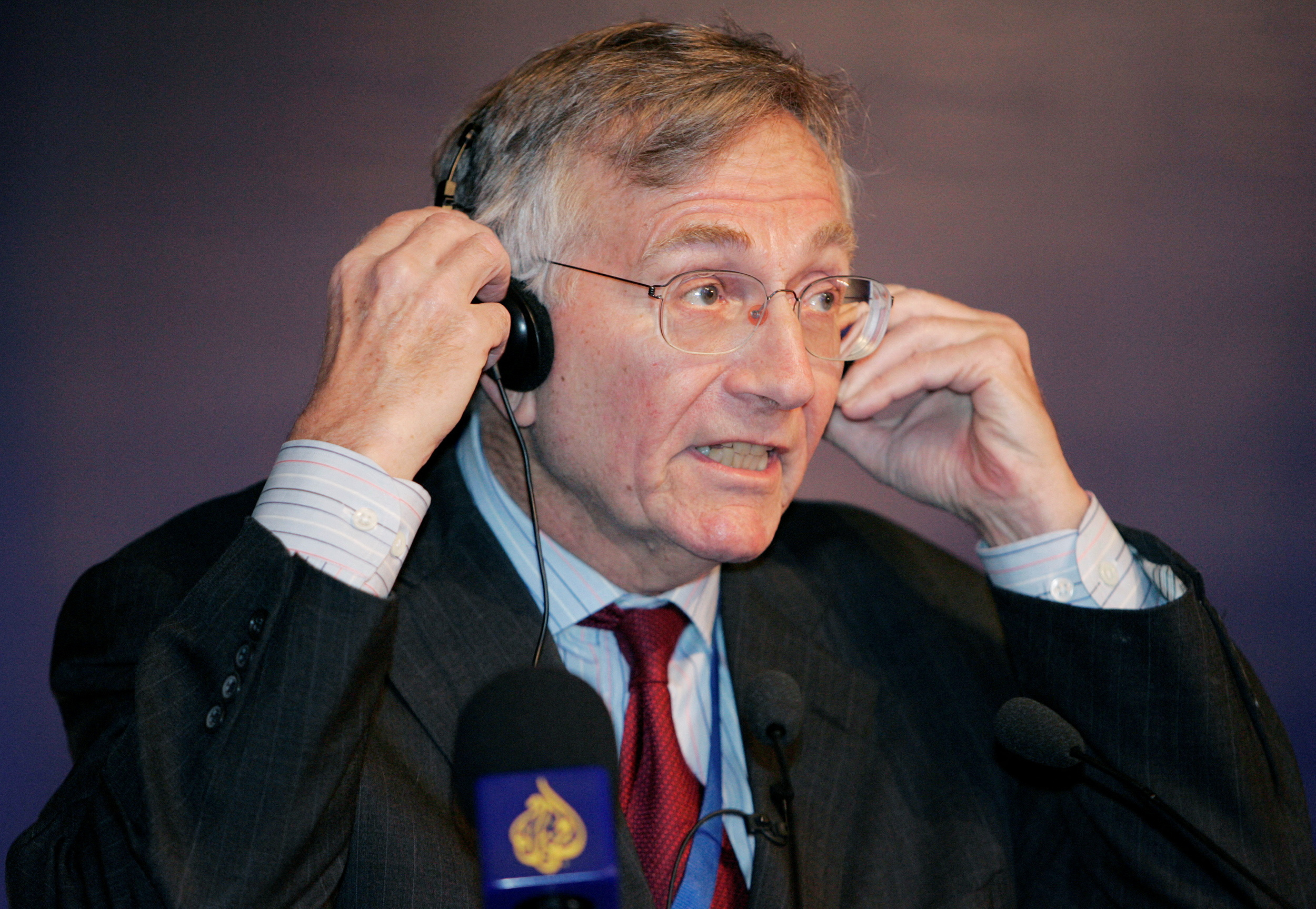
Over the years, Hersh has authored critically acclaimed books on various significant events, such as the 1983 Soviet downing of a South Korean passenger jet, Israel’s nuclear arms program, and the mistreatment of inmates at Baghdad’s Abu Ghraib prison by American soldiers during the U.S. occupation of Iraq. He has also sparked controversy with articles in the London Review of Books, including a 2013 piece blaming a sarin nerve agent attack in Syria on rebels acting under Turkey’s direction, and a 2015 article alleging that the U.S. and Pakistani governments lied about details surrounding the 2011 raid that killed al Qaeda founder Osama bin Laden. In both cases, the implicated governments denied Hersh’s claims.





